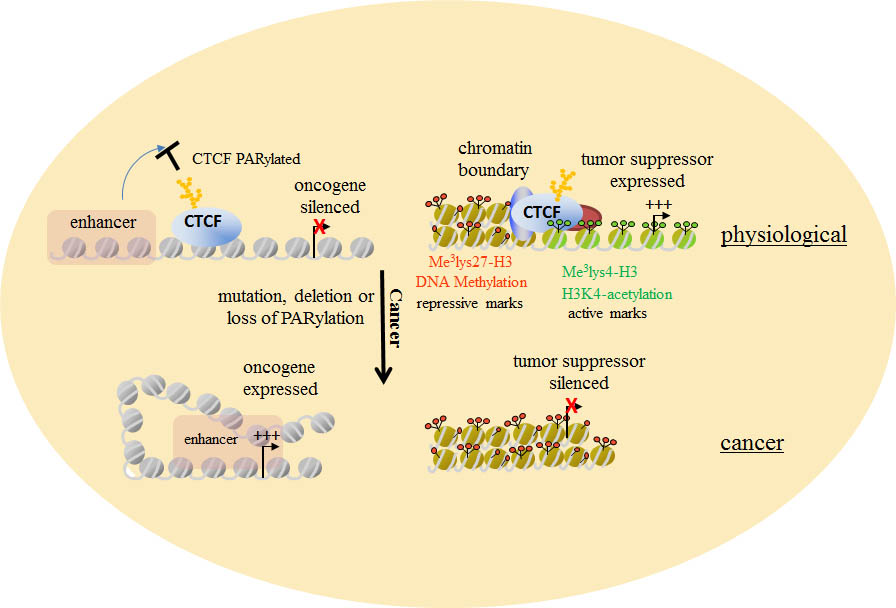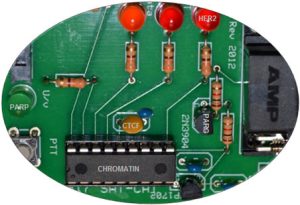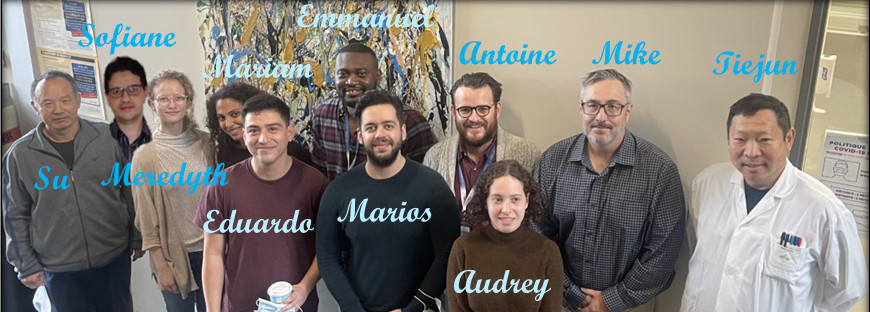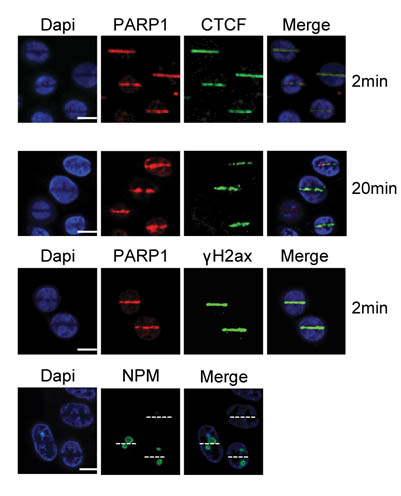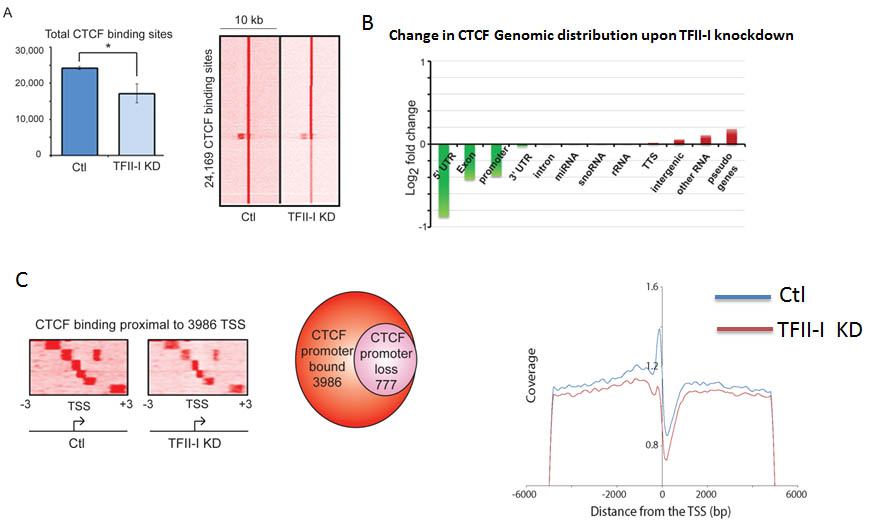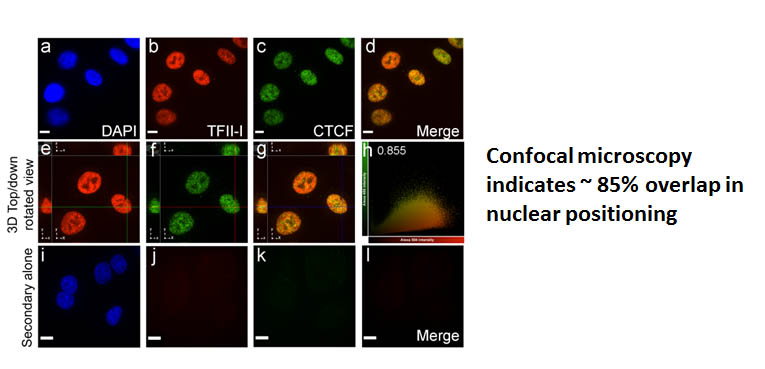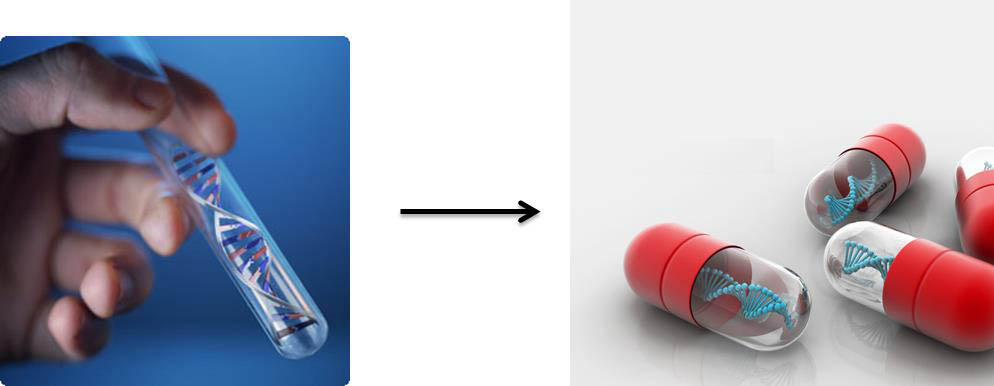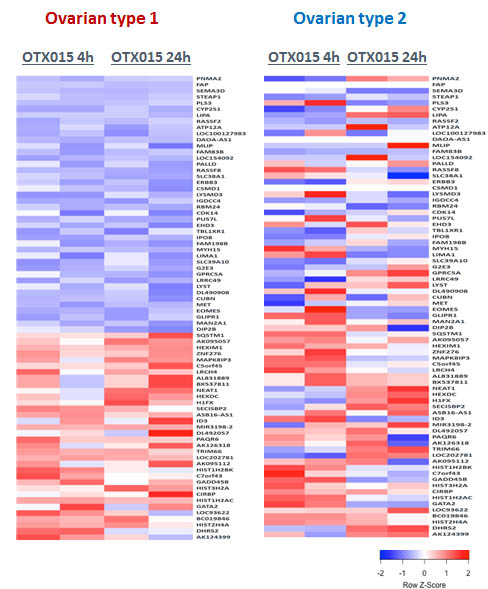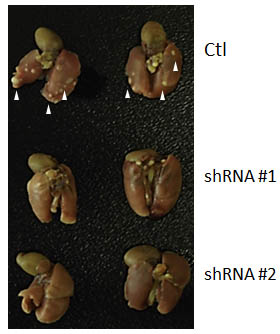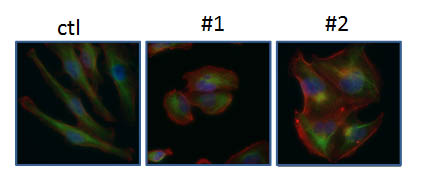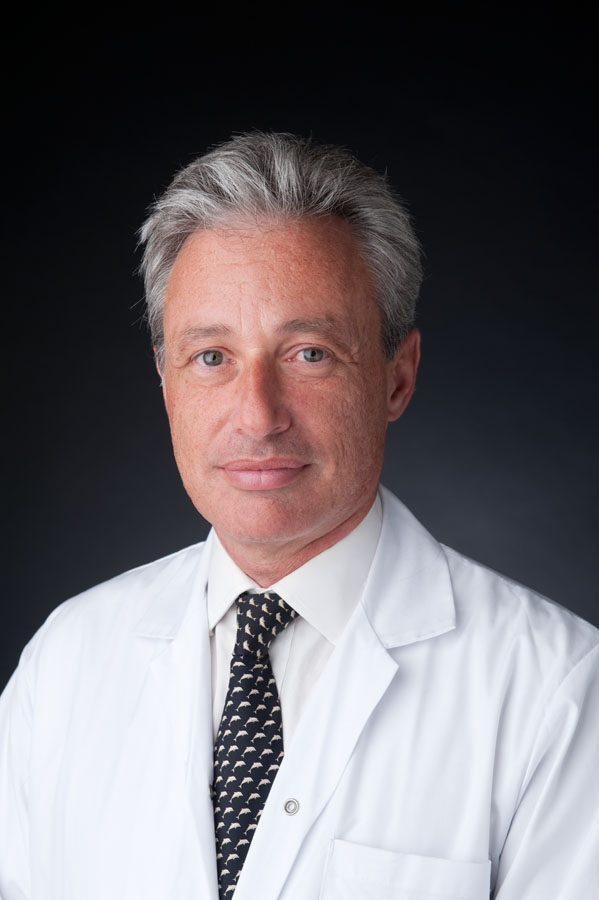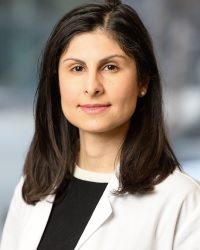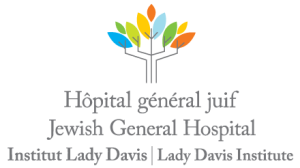Notre site web utilise des cookies et des technologies similaires pour améliorer votre expérience en ligne et comprendre comment vous utilisez notre site web. Les cookies sont de petits fichiers de texte stockés sur votre appareil lorsque vous visitez un site web. Ils sont largement utilisés pour que le site fonctionne correctement, pour analyser le comportement des utilisateurs et pour personnaliser votre expérience.
Types de cookies utilisés
Nous utilisons les types de cookies suivants sur notre site web :
- Cookies essentiels : ces cookies sont nécessaires au fonctionnement de notre site web. Ils vous permettent de naviguer sur le site et d'utiliser ses fonctionnalités de base. Sans ces cookies, certaines parties de notre site web ne fonctionneront pas correctement.
- Cookies de performance : ces cookies collectent des informations concernant la manière dont les visiteurs utilisent notre site web - par exemple, les pages qu'ils consultent le plus fréquemment. Ces données nous aident à améliorer la performance de notre site web et à comprendre les préférences des utilisateurs.
- Cookies de fonctionnalité : ces cookies permettent au site web de mémoriser les choix que vous avez faits (comme votre nom d'utilisateur, votre langue ou votre région) et de fournir des fonctionnalités améliorées et plus personnalisées. Ils peuvent également être utilisés pour fournir des services que vous avez demandés tels que le visionnement d’une vidéo ou l’écriture d’un commentaire.
- Cookies de publicité : ces cookies sont utilisés pour diffuser des publicités pertinentes pour vous et vos préférences. Ils sont également utilisés pour limiter le nombre de fois que vous voyez une publicité et pour mesurer l'efficacité des campagnes publicitaires.
